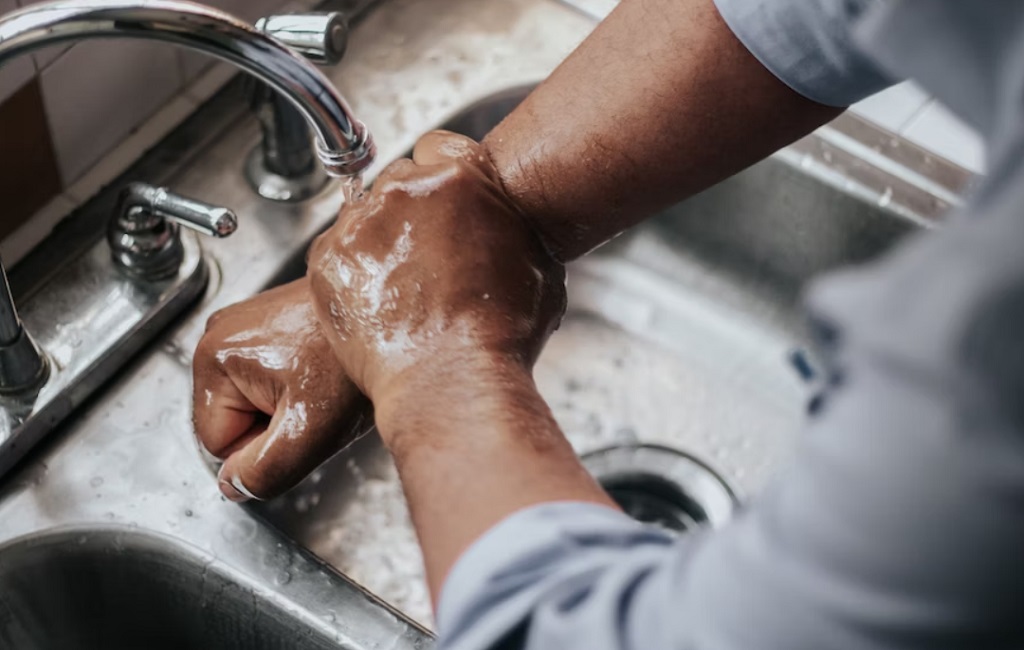When choosing custom components, maximizing performance begins with selecting the suitable materials. This involves identifying the requirements, finding candidate materials, and determining the best fit.
Choosing the Right Alloy
When choosing the suitable metal alloy for your project, many factors must be considered. Light weight and strength are often essential, while corrosion resistance and heat tolerance may be necessary for specific environments. The right combination of these characteristics allows the material to perform the way you need it to. For example, stellite is an excellent choice for projects that require durability. This material is known for its strong resistance to wear and can hold up against high temperatures. It also has good impact and galling resistance when mated with other alloys. However, if you are working in an environment that requires excellent corrosion resistance, an alloy may be a better option. In this case, you can choose a nickel-cobalt-chromium alloy with excellent corrosion resistance and high thermal conductivity. These alloys can withstand high temperatures and are available at a more affordable price than Stellite. They are also easy to work with, which helps to shorten development cycles and design iterations.
Choosing the Right Finish
Depending on the operational environment for your custom Stellite parts, they may require a more intensive surface finish than you anticipated during the design process. Bead blasting is an excellent option for achieving high levels of abrasion and impact resistance while maintaining tight dimensional tolerances. Anodizing (type II) is also ideal for advanced engineering applications and gives parts an attractive, matte, uniform color. Metal additive manufacturing (3D printing) offers the opportunity to shorten development cycles and design iterations while reducing machining requirements. This technology is particularly well-suited for forming complex shapes and producing near-net-shape components that can be machined to exact dimensions.
Choosing the Right Tooling
Abrasion-resistant Stellite saw tips can save woodworking industry companies money by extending the life of the band or circular saw blades. These welded alloy serrations have a higher density of primary carbides than standard steel serrations, providing superior resistance to abrasion and wear. A custom manufacturer of precision satellite investment castings offering ferrous & nonferrous alloys, including carbon, tool, duplex, nickel & cobalt, aluminum, brass & bronze materials. Using the lost wax, ceramic shell process, they produce near-net-shape components with excellent as-cast surface finishes that minimize machining requirements. Services include engineering, design & pattern making. AS9100 & NADCAP-certified. Provides centrifugal, die, lost foam, sand, spin, and vacuum castings. It also includes air set, chill, continuous, densification, impregnation, shaw, and static casting processes. Products are annealed, thin-walled, plastic-coated, anti-static, and resistant to acid, heat, corrosion & abrasion. Offers prototype and low to medium-volume production. Blanket orders are accepted. Serves aerospace, automation, automotive, medical, military, marine, metal or plastic processing, HVAC & power generation industries.
Choosing the Right Process
The proper production process can make your design work for you. Choosing the best process can shorten design cycles and iterations, which translates into faster time to market and reduced costs. AS9100 & NADCAP certified custom manufacturer of Stellite investment castings using lost foam, die, sand, tape, and spin cast methods. Works with nonferrous & ferrous metals such as carbon, alloy, duplex & tool steels; aluminum and nickel; cobalt and Hastelloy alloys. Offers annealed, enameled, heat-treated, and plastic-coated castings resistant to abrasion, acid, heat, corrosion, and wear. Blanket orders and low to high-volume production are offered. Metal additive manufacturing (Metal 3D printing) is also available. The technique allows for a near-net shape that minimizes machining requirements. Services include engineering, in-house pattern design, and solidification modeling.




